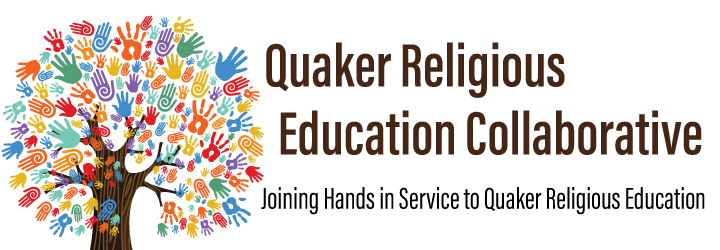Thanksgiving is celebrated in November in the US, and so is Native American Heritage Month:
Resources for Children and Youth:
Traditional Native American Tales retold by Native Authors: https://www.whatdowedoallday.com/native-american-folktales-for-kids/?fbclid=IwAR3gc39qaZz1hHe4w-XqIPa32h8srvxIT_L794aI87iRZBymS96PI86gHcc
Decolonizing Thanksgiving. (Joan Broadfield) When celebrating Thanksgiving, it is important to acknowledge the culture of first peoples and to stay away from the whitewashed ‘Pilgrims and Indians’ story. From Books for Littles, this blog post contains a brief list of children’s books countering the myth of the ‘First Thanksgiving.’ http://www.booksforlittles.com/thanksgiving/?fbclid=IwAR35go8OkJuxTJO440UQpZDfk6lV4YBzvpsxtuDt4xJXglQBsmp-Mg1PWx0
Giving Thanks: A Native American Good Morning Message, by Jake Swamp, is a special children’s version of the Thanksgiving Address, a message of gratitude that originated with the Native people of upstate New York and Canada, still spoken at ceremonial gatherings held by the Iroquois, or Six Nations.
Book: https://www.scholastic.com/teachers/books/giving-thanks-by-chief-jake-swamp/
Video: https://www.youtube.com/watch?v=PE2YHTSQVgY
Resources for Adults and Educators:
Cultural Survival, 8 WAYS TO DECOLONIZE AND HONOR NATIVE PEOPLES ON THANKSGIVING
Teaching Tolerance, Teaching Thanksgiving in a Socially Responsible Way
Alexis Buntin, Bioneers, Three Ways to Decolonize Thanksgiving
United American Indians of New England, The Suppressed Speech of Wamsutta (Frank B.) James, Wampanoag
The Souix Chef’s Indigenous Kitchen, By Sean Sherman https://sioux-chef.com/



